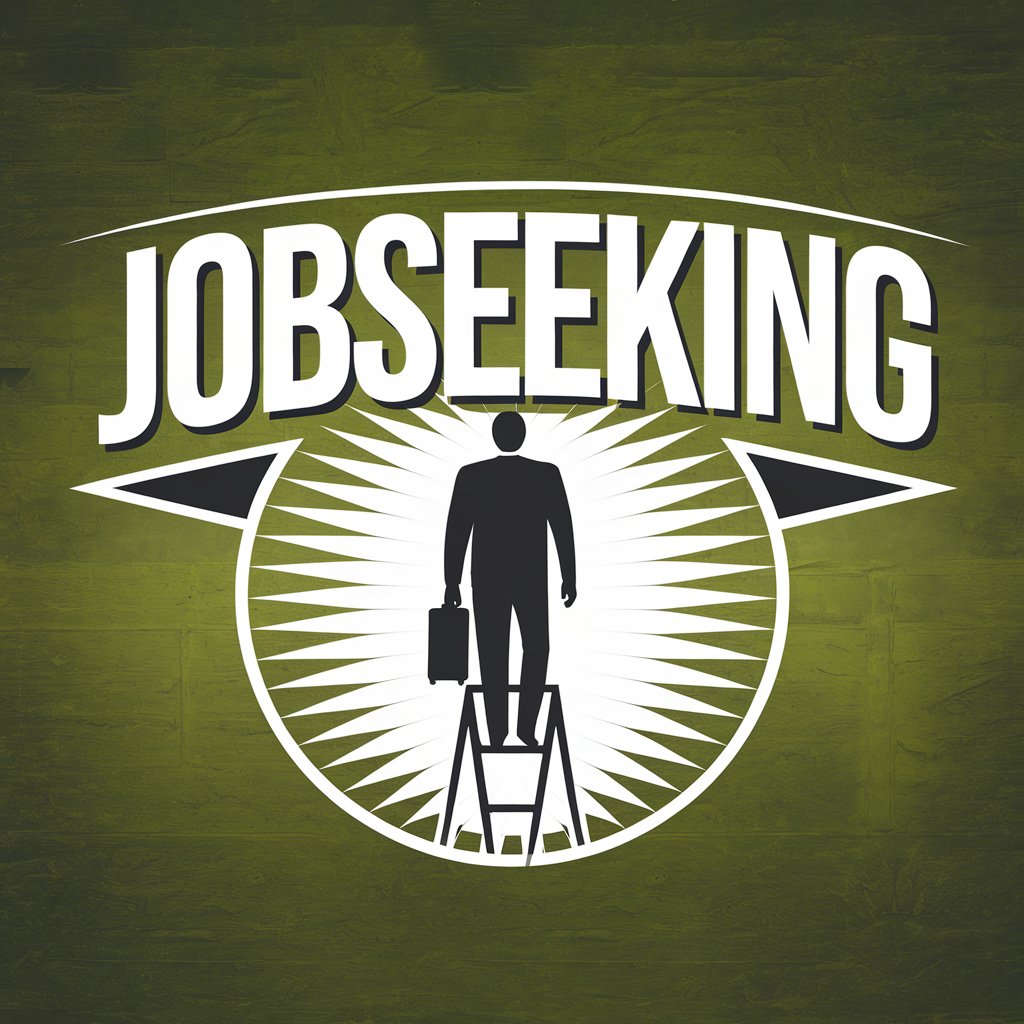5 Resume Mistakes to Avoid at All Costs
In today’s competitive job market, your resume is often your first and only chance to make a strong impression on potential employers. However, even the most qualified candidates can sabotage their chances by making common resume mistakes. Here are five critical errors to avoid at all costs, along with expert advice on how to steer clear of them.
1. Spelling and Grammatical Errors
Nothing undermines your professionalism faster than a resume riddled with typos and grammatical mistakes. These errors suggest a lack of attention to detail and can immediately disqualify you from consideration.
Jonathan Jones, Head of Investment Talent Development at Point72 Asset Management, advises:
“Have someone else read over your resume to check for this sort of error. It can be hard to spot when you’re the one who’s written the thing. A second pair of eyes helps.”
To avoid this mistake:
- Use spell-check tools, but don’t rely on them exclusively.
- Read your resume out loud to catch errors your eyes might miss.
- Have at least one other person proofread your resume.
- Consider using professional proofreading tools like Grammarly.
2. Generic, One-Size-Fits-All Approach
Using the same resume for every job application is a surefire way to land in the rejection pile. Employers want to feel special and expect you to tailor your resume to their specific needs.
Stacie Haller, a career consultant at Resume Builder, emphasizes:
“Resumes should be tailored for each job application, with a focus on clarity and simplicity.”
To personalize your resume effectively:
- Carefully read the job description and identify key requirements.
- Customize your skills and experiences to match these requirements.
- Use relevant keywords from the job posting throughout your resume.
- Adjust your professional summary or objective for each application.
3. Focusing on Duties Instead of Achievements
Simply listing your job responsibilities doesn’t tell employers what you’re capable of achieving. Instead, focus on your accomplishments and the value you’ve brought to previous roles.
Leah Lambart, Career and Interview Coach at Relaunch Me, suggests:
“Demonstrate how you made a difference at each company and provide specific examples of how the company benefited from your performance.”
To highlight your achievements:
- Use action verbs to start each bullet point.
- Quantify your accomplishments with specific numbers and percentages.
- Describe the problems you solved and the results you achieved.
- Use the CAR (Challenge, Action, Result) method to structure your achievements.
4. Inappropriate Length and Formatting
A resume that’s too long, too short, or poorly formatted can quickly turn off recruiters. The ideal length and format depend on your experience level and the industry you’re targeting.
Dr. Angela Duckworth, a psychologist known for her work on grit, advises:
“Setting goals and creating a routine can help maintain motivation by providing structure and a sense of progress.”
To optimize your resume’s length and format:
- Aim for 1-2 pages for most positions, unless you’re in academia or have extensive experience.
- Use a clean, professional font like Arial or Calibri, sized 10-12 points.
- Utilize white space and clear section headings to improve readability.
- Ensure consistent formatting throughout the document.
5. Including Irrelevant or Outdated Information
Your resume should be a concise, relevant snapshot of your professional life. Including unnecessary details or outdated information can clutter your resume and distract from your key qualifications.
Robert Walters, founder of the eponymous recruitment company, suggests:
“Visualize where you want to be. This can help maintain your motivation and focus on your ultimate goal.”
To keep your resume relevant and up-to-date:
- Remove outdated skills or experiences that no longer align with your career path.
- Omit personal details like marital status, age, or political affiliations.
- Focus on experiences from the last 10-15 years, unless older roles are highly relevant.
- Regularly update your resume with new skills, certifications, and achievements.
By avoiding these five critical resume mistakes, you’ll significantly improve your chances of landing interviews and ultimately securing your dream job. Remember, your resume is a living document that should evolve with your career. Take the time to craft a compelling, error-free resume that accurately reflects your skills and experiences, and you’ll be well on your way to career success.


Leave a Reply